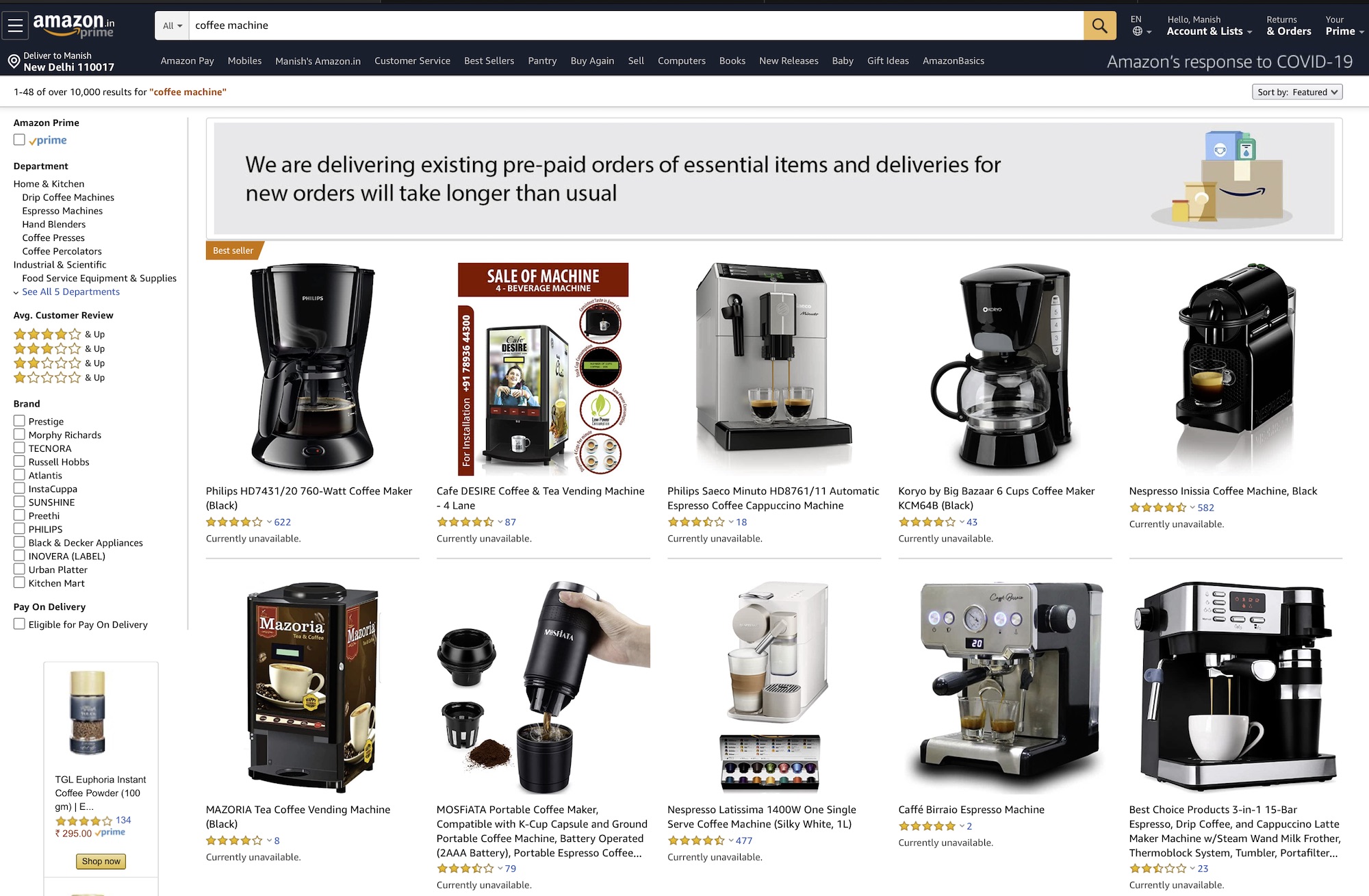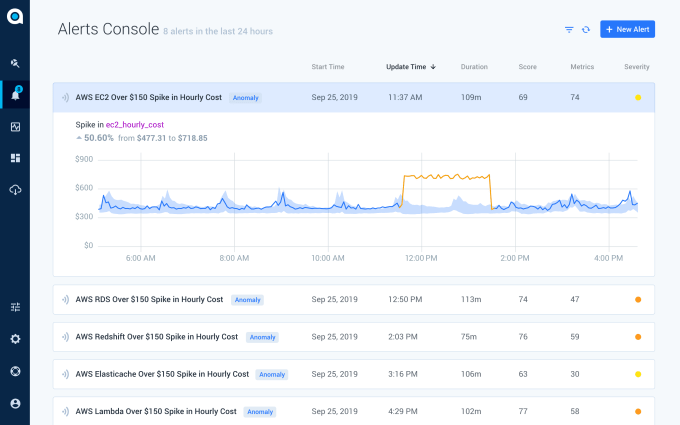French ride-hailing company Chauffeur-Privé rebranded to Kapten just last year. At the time, the company had big expansion plans to compete with Uber in Europe across multiple markets. But Kapten is now going to merge with Free Now, another app from the same company — following this move, there will be a restructuring plan.
Kapten has had a rough corporate journey, so fasten your seat belt. Daimler AG acquired Kapten back in December 2017. More recently, Daimler AG and BMW Group agreed to merge their urban mobility services into a single holding company. Both German car manufacturers own a 50% stake each in five joint ventures — Reach Now, Charge Now, Park Now, Free Now and Share Now.
Free Now was originally created as the parent company of mytaxi, Kapten, Clever Taxi and Beat. mytaxi then rebranded to Free Now and started using Free Now as the name of the service. As the original name of the company suggests, Free Now (the app) lets you hail a taxi and pay for a ride from your phone.
Kapten, however, is a direct Uber competitor. It operates a marketplace of independent professional drivers — not taxi drivers. The service is currently live in Paris, Lyon, Nice, Cannes, London, Lisbon and Porto.
Last year, Kapten said it wanted to operate in 15 major cities by 2020. There was no plan to merge Daimler AG’s and BMW Group’s ride-hailing services as it was time for growth.
It launched its service in Geneva but shut it down six months later. The parent company announced internally that Kapten would merge with Free Now in late 2019 — before the coronavirus crisis.
The merger should happen this year. As a result, there will be a single brand, a single app and a single team with Marc Berg at the helm.
According to the company, Free Now is in a difficult financial position. There will be a restructuring plan across the entire European team. There will be local teams, but the company will centralize tech teams in Hamburg, Berlin and Barcelona — the tech hub in Paris will shut down.



